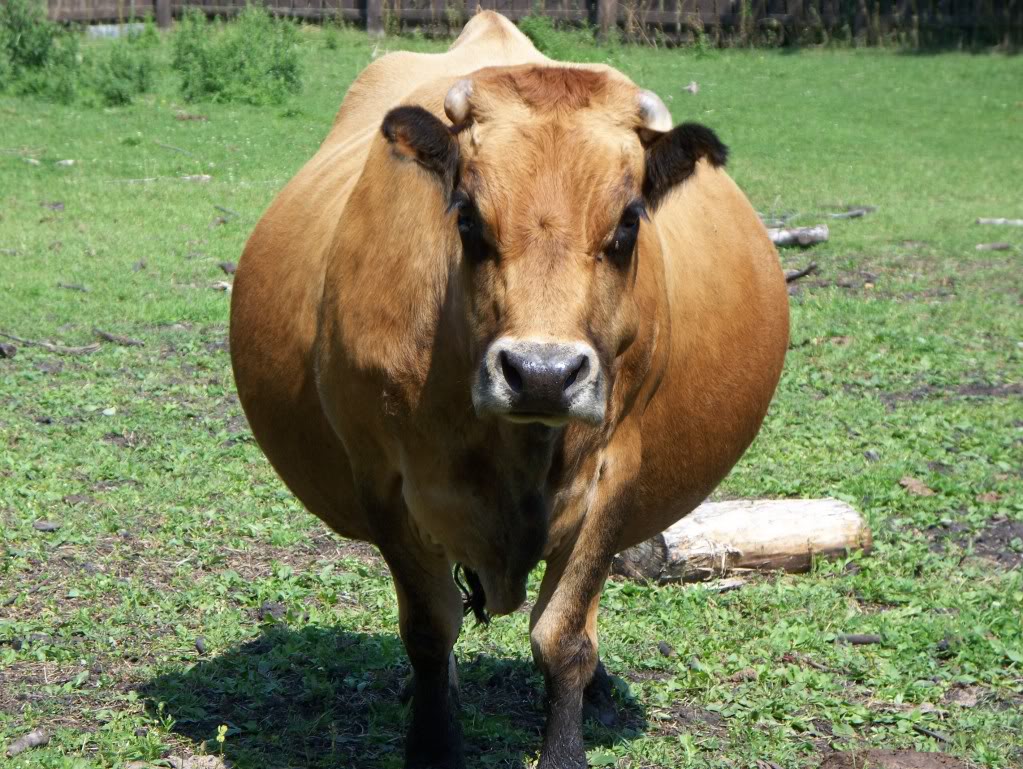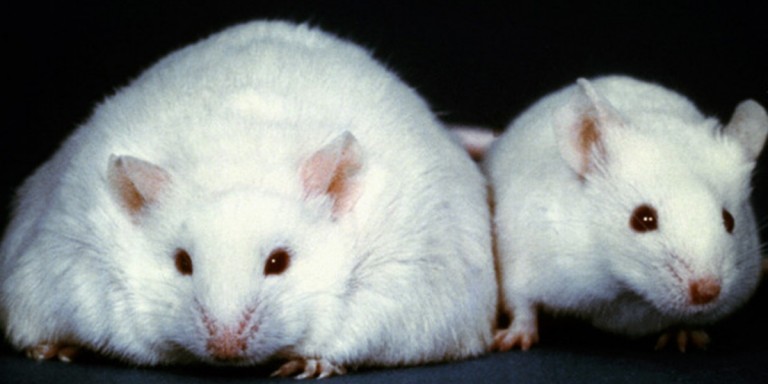It turns out that the trillions of bacteria in your gut do more than just help you digest food and produce vitamins. They have strong connections to obesity and metabolism, and may even be the key to whether you are depressed or happy, healthy, or sick.
Dysbiosis is an excess of pathogenic or ‘bad bacteria’ in our gut. Because one of the roles of our good bacteria is to crowd out the bad guys it’s important to ensure we make a conscious effort to promote healthy levels.
So what’s the big deal about gut flora when it comes to weight gain?
1. Oestrogen Metabolism…
An imbalance in our gut flora can influence the level of oestrogen that we re-absorb from the gut back into circulation. A certain amount is normal but in excess we can start to experience oestrogen dominant symptoms. Oestrogen is the hormone that gives us our soft feminine form and it can promote weight gain especially around the hips and waist if not in balance. Other symptoms that may indicate oestrogen dominance include heavy periods, PMS, breast tenderness and low thyroid function.
2. Inflammation…
Pathogenic or bad bacteria have the potential to increase inflammatory molecules that have been show to increase risk of disease and disorders such as insulin resistance, diabetes and heart disease. These disorders directly impact our potential to gain weight. Inflammation is an attempt by immune system to clear out potential threats from the body and the immune uses a huge amount of energy leaving us feeling tired and unmotivated. In fact a paper just came out in June 2019 in the journal Trends in Cognitive Sciences linking the reduced release of dopamine in the brain, the motivation to do things, and the presence of an inflammatory reaction in the body. If we feel tired and unmotivated the likelihood is that we won’t feel like exercising!
It’s not all dreary though your good bacteria produce anti inflammatory compounds called short chained fatty acids when you consume fibre. These compounds act as a source of energy for the cells lining the colon and help reduce the risk of the diseases I have listed above; insulin resistance, diabetes and heart disease! Bottom line need to make sure we are feeding our good guys!!
3. Antibiotic use….
We know from studies on livestock that chronic use of antibiotics can promote weight gain and now more research on rats also shows antibiotic exposure disrupts gut microbiota and increases body fat.

Could this transfer over to humans? It’s entirely possible as research shows children who regularly take antibiotics gain weight faster, demonstrating their is a link… However this effect seems to be cumulative, so instead of never taking antibiotics at all – just use them when they are absolutely needed.
4. Firmicutes versus bacteroidetes…
Firmicutes and Bacteroidetes are two major phyla of bacteria in human gut microbiota. The ratio between these 2 bacteria groups is correlated with obesity and other diseases. Most studies have shown that the more Bacteroidetes you have (compared to your Firmicutes), the leaner you will be. Firmicutes are not bad per se but they work by helping to increase the amount of energy we extract from our food. This can then lead to weight gain if that extra energy is not used up. To shift the ratio more in favour of bacteroidetes increase your intake of plant fibre especially beans and vegetables.
Can a simple shift in gut bacteria be enough to kick off the weight loss process you might be asking!?? Animals studies say it may be possible… By transplanting bacteria from the intestines of obese humans into mice we can see it can actually trigger obesity in normal-weight mice. In a study, Dr. Gewirtz at Cornell University showed that the weight of mice could be changed by over 15 percent just by shifting their intestinal bacteria. This has also been demonstrated in humans where people who have gotten a faecal transplant from someone over weight, the person receiving the transplant gained weight without any change in their diet. So what would a 15% increase look like… well in a female weighing 9stone it would equate to a 1 stone and 5lb increase; pushing them into an over weight category.

How modern life screws up our gut bacteria…
Unfortunately, several features of the modern lifestyle can contribute to deminished gut flora:
- Antibiotics use
- Medications like the contraceptive PPIS, THE pill and steroids.
- Diets high in refined carbohydrates, sugar and processed foods which encourage growth of pathogenic flora ‘bad bugs.’
- Alcohol is a natural sterilising agent; not good news for our ‘good bacteria!’
- Diets low in fermentable fibre to provide food for our ‘good guys.’
- We can only assume that chemicals added to drinking water and food have potential to damage the growth of our gut flora. More evidence is coming out this year on the negative impact of preservatives on gut flora and I’m sure pesticides can’t be good either!
- Infection is another factor, such tummy bug or food poisoning. It can take months for the gut to recover after an infection.
How Can we Positively Influence our Gut Bacteria Levels?
- Introduce fermented foods into the diet like kefir, sauerkraut, kimchi, miso and raw apple cider vinegar. Remember good bacteria helps to crowd out the bad guys!
- Diversity of gut microbes is key when it comes to a healthy gut and kefir is one of the most diverse of all the fermented foods containing up to 2,000 strains of beneficial microbes.
- Reduce sugar and processed foods – that’s a given when it comes to any health issue!!
- Increase your vegetable intake using, soups, salads, smoothies, homemade coleslaws and cover half your plate with fibrous vegetables at dinner time. Choose organic produce where possible to avoid toxic pesticides residues.
- Increase legumes! Peas, beans, lentils and hummus are an amazing source of fibre to help fertilise your good bacteria.
- Drink pure water. Nowadays water filtration systems are much more accessible. If you want to remove chlorine and fluoride as well as heavy metals you want to look out for a reverse osmosis system. Boiling water or jug filters just won’t cut it when it comes to removing these chemicals.
I hope you enjoyed reading my article and enjoy adding in some gut loving foods into your diet 🙂



